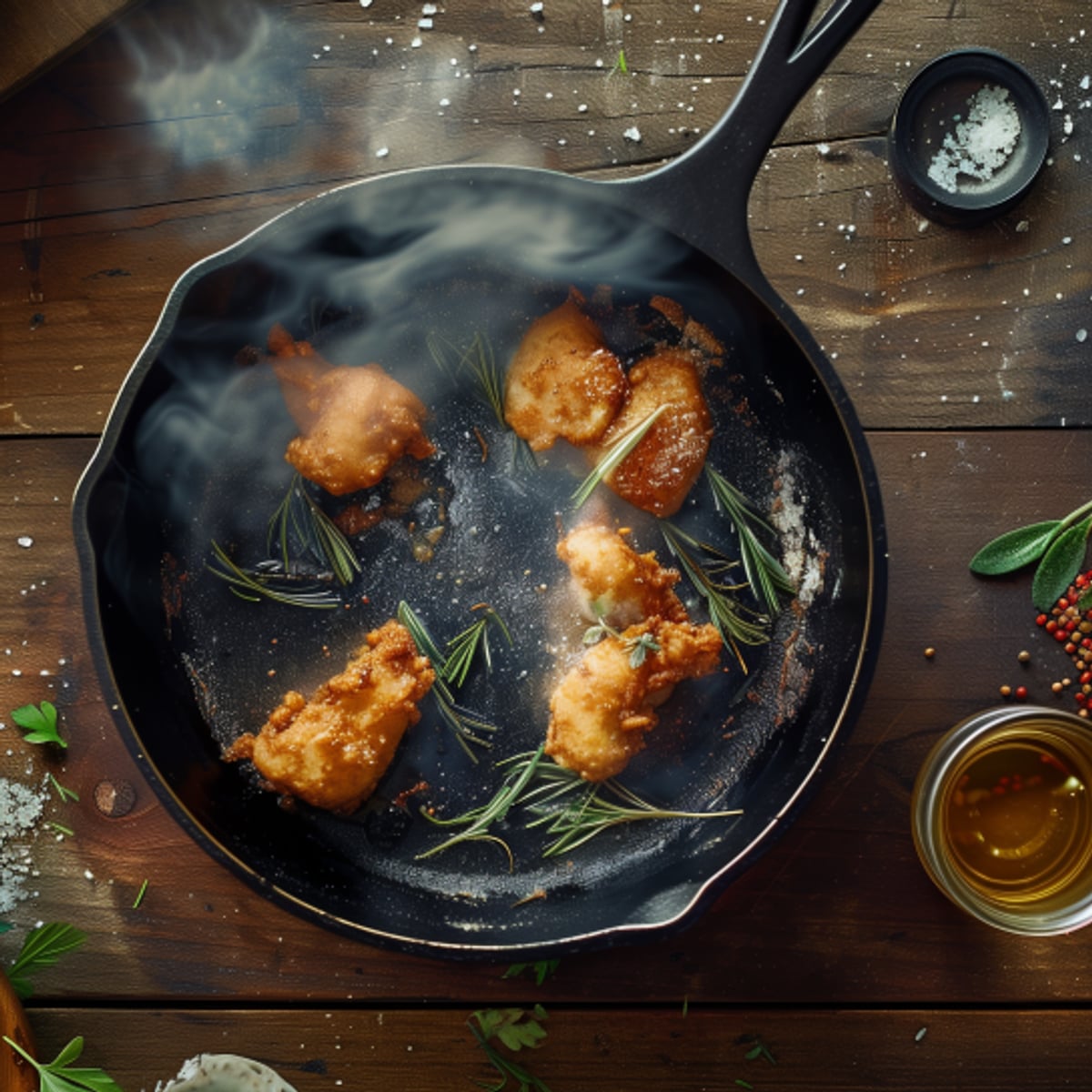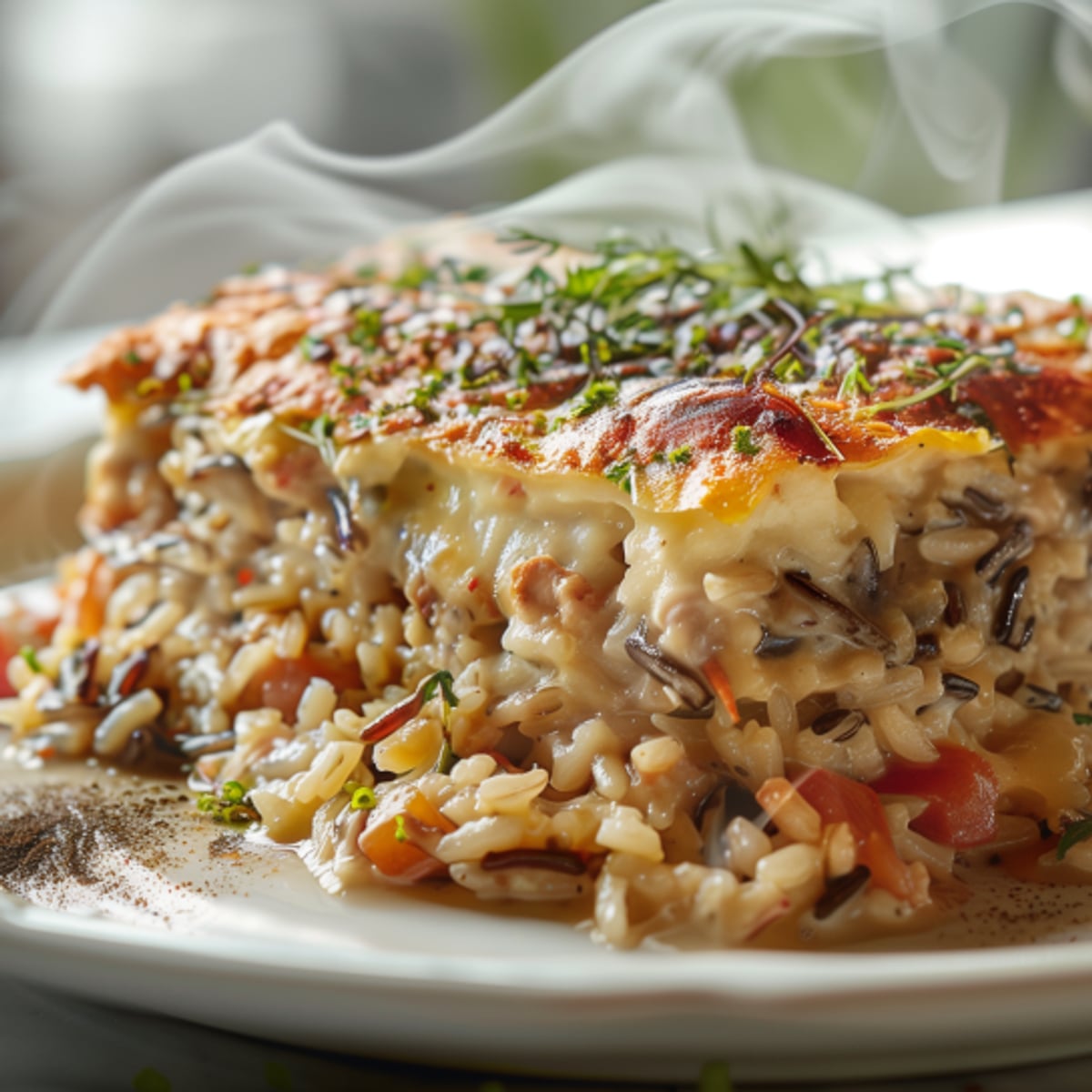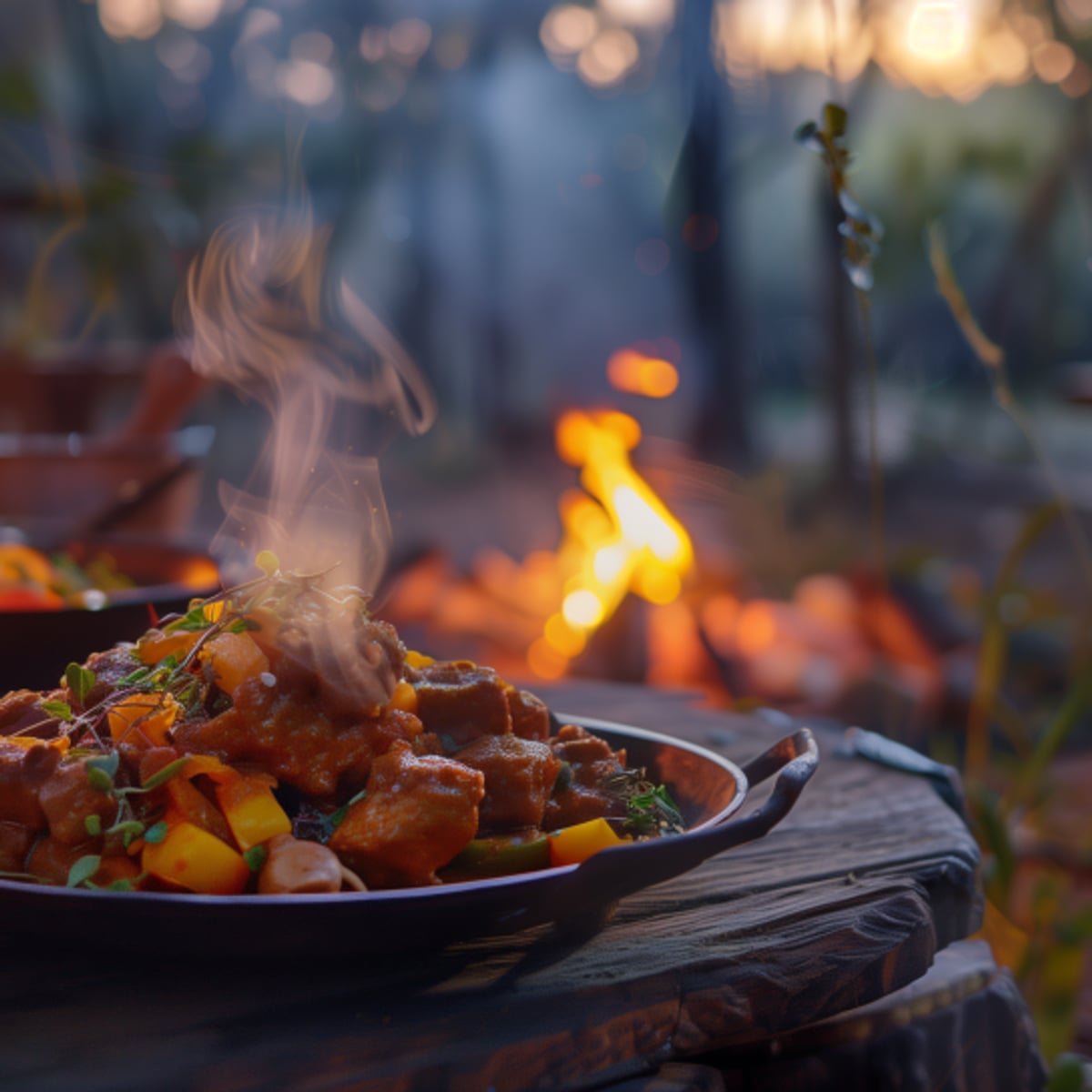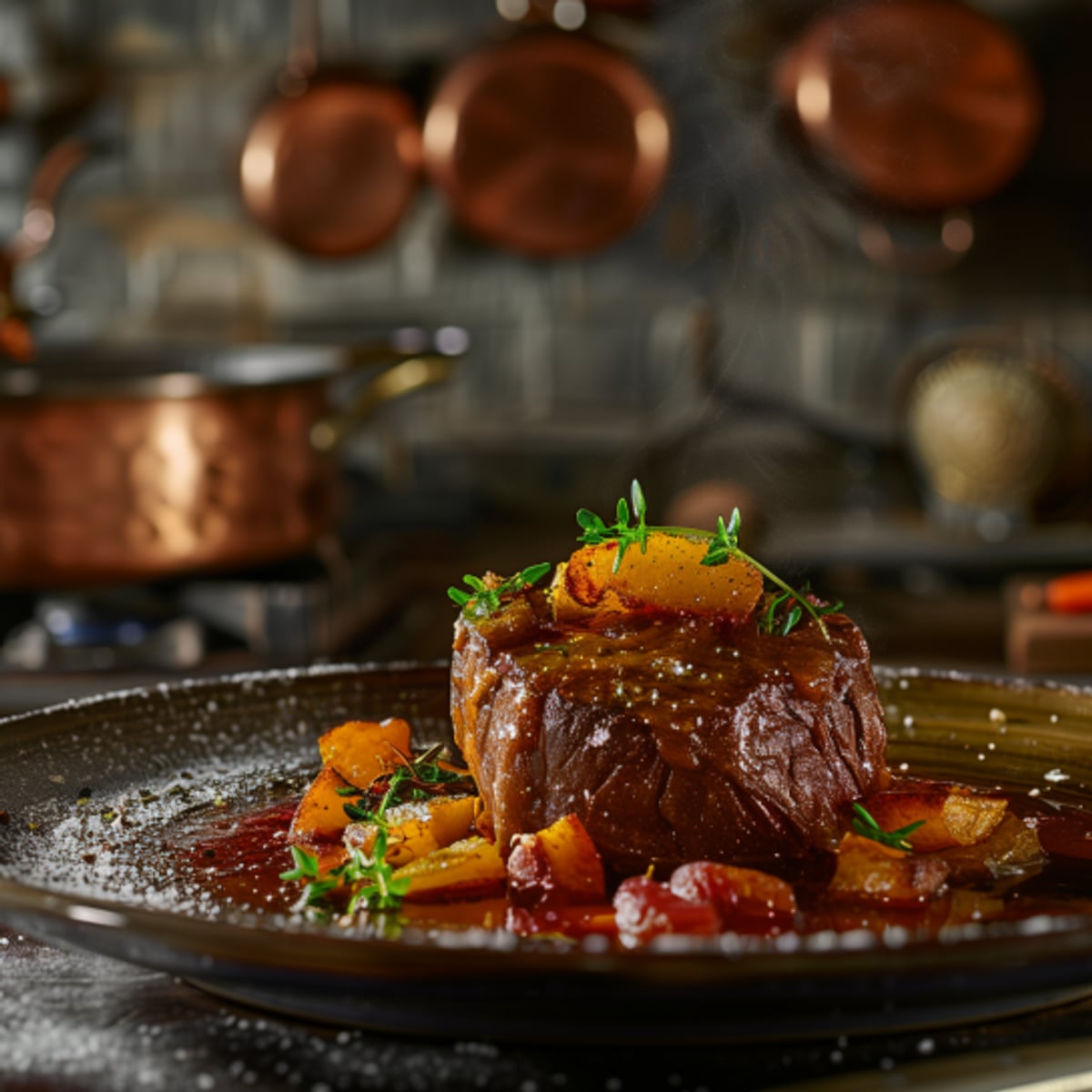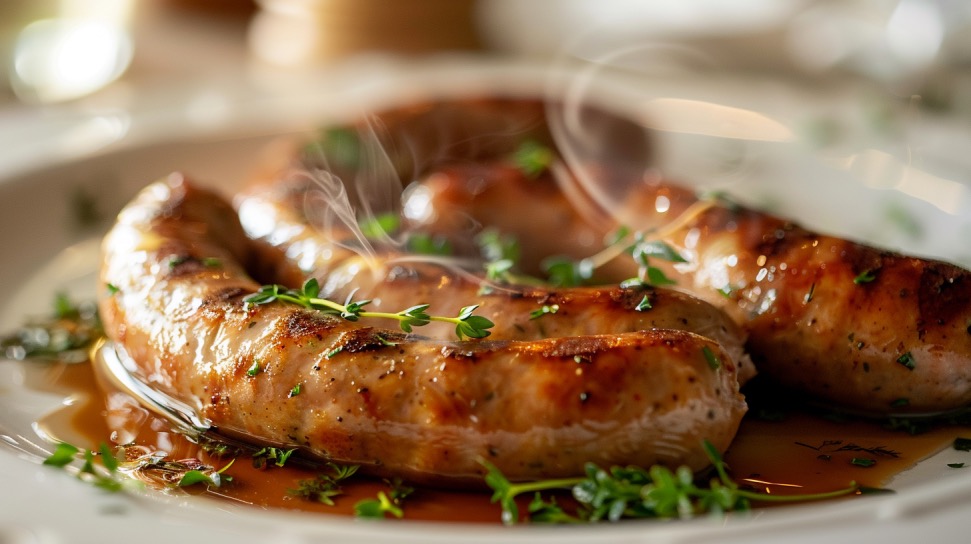
Muskrat Sausage with Wild Herbs
Muskrat Recipe
1Setup & Prepare
Cultural Context
Sausage making represents one of humanity's oldest food preservation techniques, and this recipe showcases how French-Canadian trappers and coureurs de bois transformed their catches into portable, flavorful sustenance. The addition of wild herbs reflects the forager's knowledge of edible plants found in muskrat habitats, creating a sausage that captures the essence of the wetland ecosystem.
2Ingredients
Shopping List
3Cooking Instructions
-
Seasoning: Combine your seasonings - sage, thyme, pepper, and a touch of maple.
-
Grinding: Grind the muskrat meat with pork fat. Keep everything ice cold.
-
Binding: Mix until the muskrat and pork becomes tacky and holds together.
-
Test Cooking: Fry a small patty to check the seasoning. Adjust as needed.
-
Stuffing: Stuff into natural casings, twisting into links.
-
Cooking: Grill for 4-5 minutes per side or pan-fry for 3-4 minutes per side until cooked through to 160°F.
▶Watch the Recipe
See the techniques in action with our step-by-step video guide
4Chef's Notes & Pairings
Chef's Notes
- Keep equipment and ingredients cold for proper texture
- Don't overmix after adding wine - develops tough texture
- Prick any air bubbles with sterilized needle before cooking
Wine Pairing
A rustic Côtes du Rhône or hearty Beaujolais matches the earthy, herbal complexity of these artisanal sausages.
Nutrition Facts
Per serving: 285 calories, 24g protein, 20g fat, 2g carbohydrates. Traditional protein with herbal complexity.
